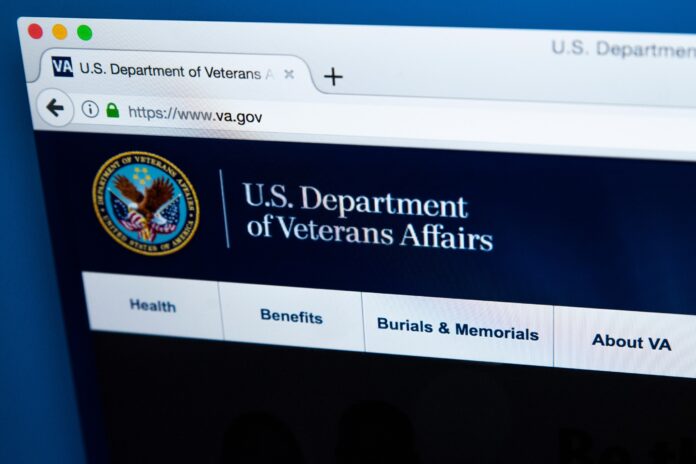Verizon will supply Veterans Affairs with mobile devices and mission-critical communications support
Verizon Public Sector has expanded its existing partnership with the Department of Veterans Affairs (VA) medical centers and health care facilities. As part of the new $448.3 million, nine-year agreement, Verizon will supply mobile devices and, through Verizon Frontline, mission-critical communications support during the VA’s disaster recovery missions and other emergencies.
Specifically, the agreement allows the VA to purchase devices and services for community-based outpatient clinics, field and program offices and remote users in the U.S. Verizon can now also support the VA’s broader network objectives, such as wider adoption of Mobile Edge Compute (MEC) and Software-Defined Wide-Area Networks (SD WAN) technology.
“Verizon has a long-standing partnership with the U.S. Department of Veterans Affairs, including connecting the first fully 5G-connected hospital at the VA facility in Palo Alto and the VA Video Connect telehealth service, which provides over 80,000 veterans with free, unlimited access to health care consultations,” said Maggie Hallbach, Senior Vice President, Public Sector at Verizon.
Last year, for instance, Verizon Public Sector began developing and testing 5G MEC and drone technology with the Veterans Health Administration’s National Center for Collaborative Healthcare Innovation (NCCHI) and the Veterans Affairs Palo Alto Health Care System (VAPAHCS). The tests, which involve advanced sensor-enabled drones and FAA-compliant pilot training, were designed to demonstrate how such tools can improve safety, security and physical infrastructure monitoring operations.
In addition, under the new agreement, VA emergency response personnel will gain access to Verizon Frontline, which will, among other things, give them access to the nearly 600 deployable communication assets developed by Verizon. One of the flashier assets is Verizon’s Tactical Humanitarian Operations Response (THOR) vehicle, unveiled two years ago. Referred to as the “first-of-its-kind” and “the Swiss Army knife of Verizon Frontline services,” THOR is a mobile and private rapid-response command center that is compatible with Verizon’s 5G network and MEC The vehicle is capable of deploying Verizon Frontline technology, applications and advanced computing, according to the carrier.

